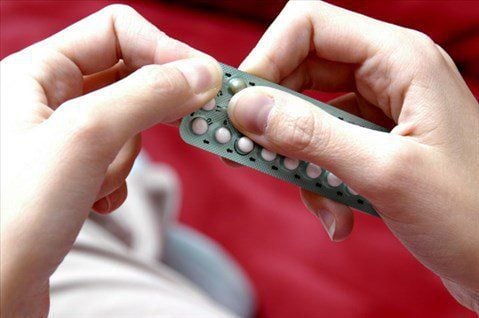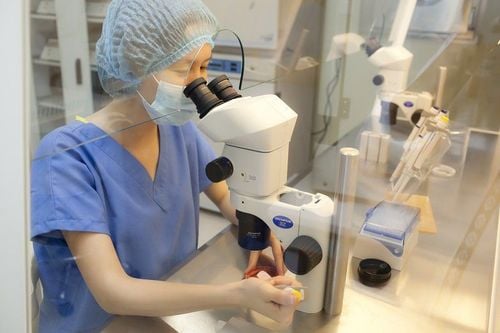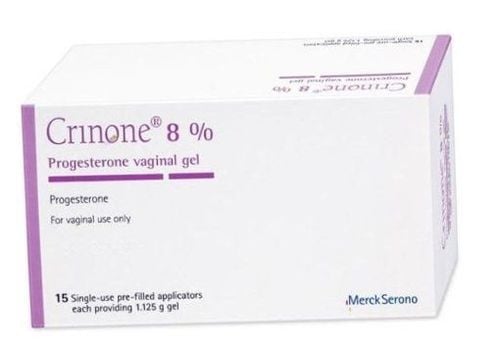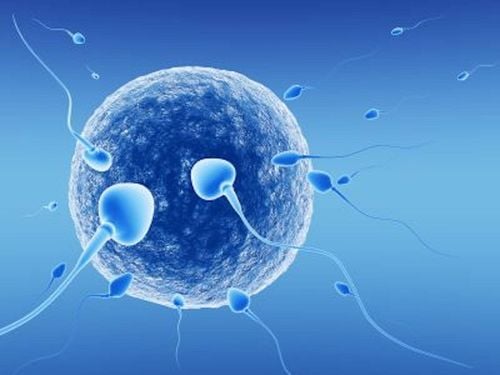This is an automatically translated article.
Video content is consulted by
Doctor, Doctor Jean Clement Sage - Reproductive Support Center - Vinmec Times City International General Hospital
Master, Doctor Nguyen Ngoc Chien - Reproductive Support Center - Vinmec Times City International General Hospital
There are different definitions of multiple implantation failure, the most commonly used definition is when a couple has performed ivf embryo transfer 2 or more times without success, it is called failed embryo transfer or failed embryo transfer. consecutive groups.
After 2 or more failed embryo transfers but provided that the transferred embryos are of good quality, embryos with 23 pairs of normal chromosomes after embryo screening are called good embryos.
Causes of unsuccessful embryo transfer can be from the husband or the wife.
On the husband side, when transferring ivf embryos, it is necessary to evaluate sperm quality: Semen analysis, sperm fragmentation test, EZF deletion, peripheral blood chromosomal test to rule out such as deletion or translocation or abnormality. often sex chromosomes...are the cause of successive nesting failures. On the wife's side, a peripheral blood chromosomal profile should also be ordered in these cases to find the cause. In addition, the wife needs to carefully examine the uterine cavity - the "house" for implantation by 2D ultrasound, 3D/4D survey ultrasound, magnetic resonance imaging to detect abnormalities in the uterine cavity such as adhesions. uterine cavity, submucosal fibroids... This can be the cause of implantation failure in the mother. Up to now, hysteroscopy is still considered the gold standard for the diagnosis of uterine abnormalities. At Vinmec, doctors performed hysteroscopy for all patients who had implantation failures and suspected abnormalities in the uterus before embryo placement. The diagnostic hysteroscopy technique does not use intravenous anesthetics, only local anesthetics are used, which shortens the procedure time, avoids the side effects of anesthetics and reduces the cost of implementation.
During hysteroscopy, Dr. Vinmec combined endometrial biopsy to diagnose chronic inflammation of the uterine lining - the cause of the embryo's inability to adhere to the mucosa, preventing implantation . At Vinmec IVF, the success rate of groups of patients with a history of unsuccessful embryo transfer was 50%, an encouraging result.
For successful embryo transfer in IVF, couples need to be counseled to prepare before conducting ivf embryo transfer, especially when embryo transfer has failed, it should be carefully evaluated to find the cause. After excluding the cause groups, the Matrice Lab test will help find the cause and treat the immune disorders in the uterine lining to increase the success rate.
Please dial HOTLINE for more information or register for an appointment HERE. Download MyVinmec app to make appointments faster and to manage your bookings easily.













